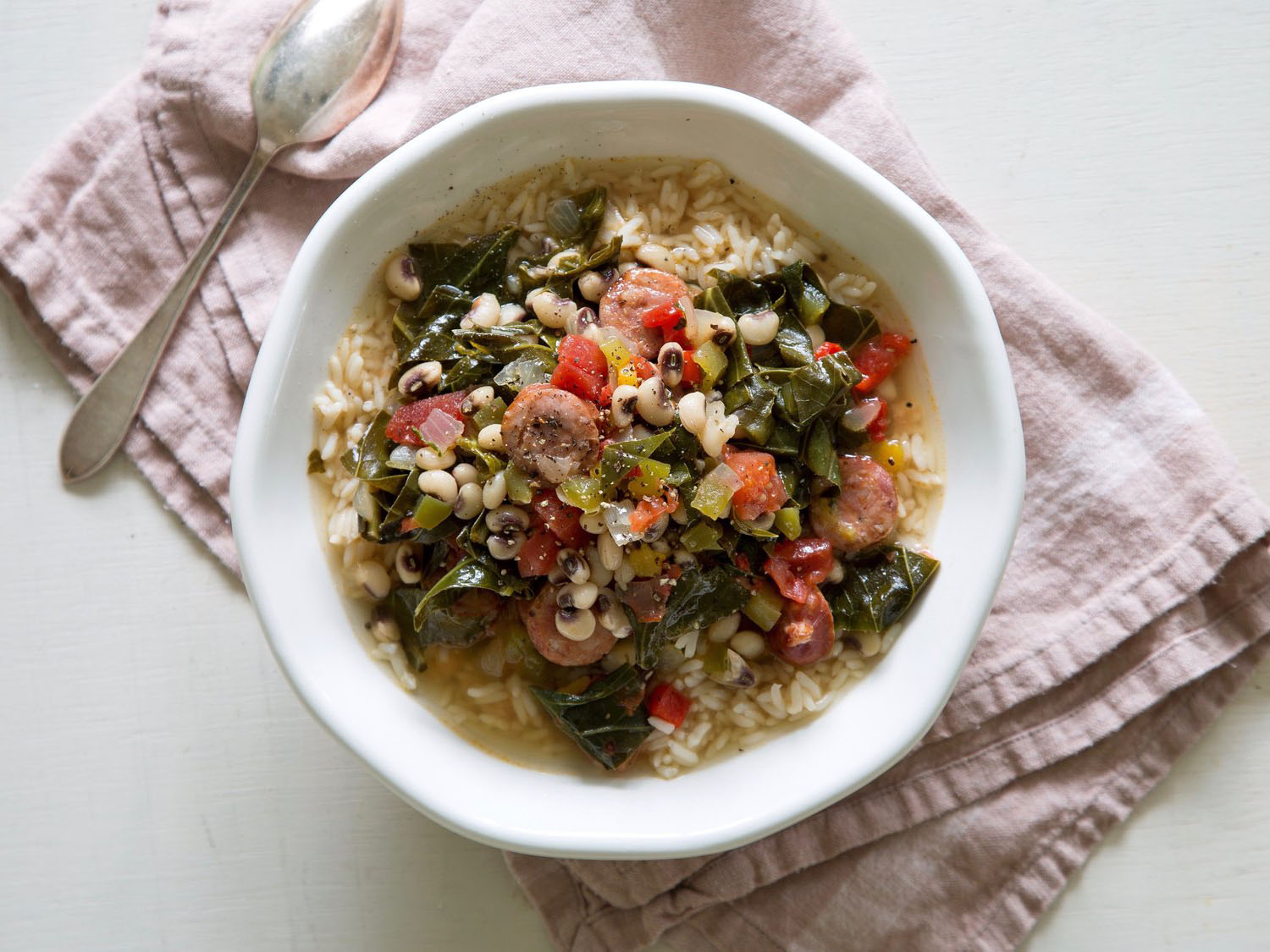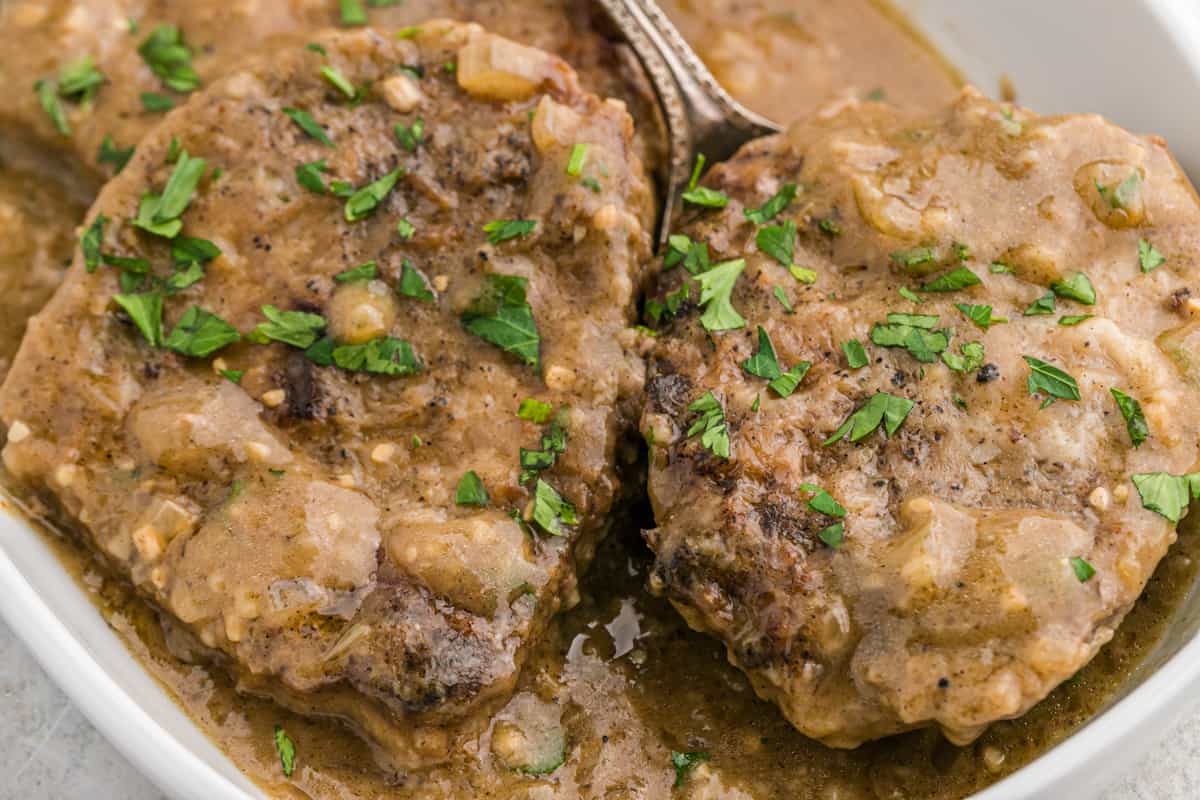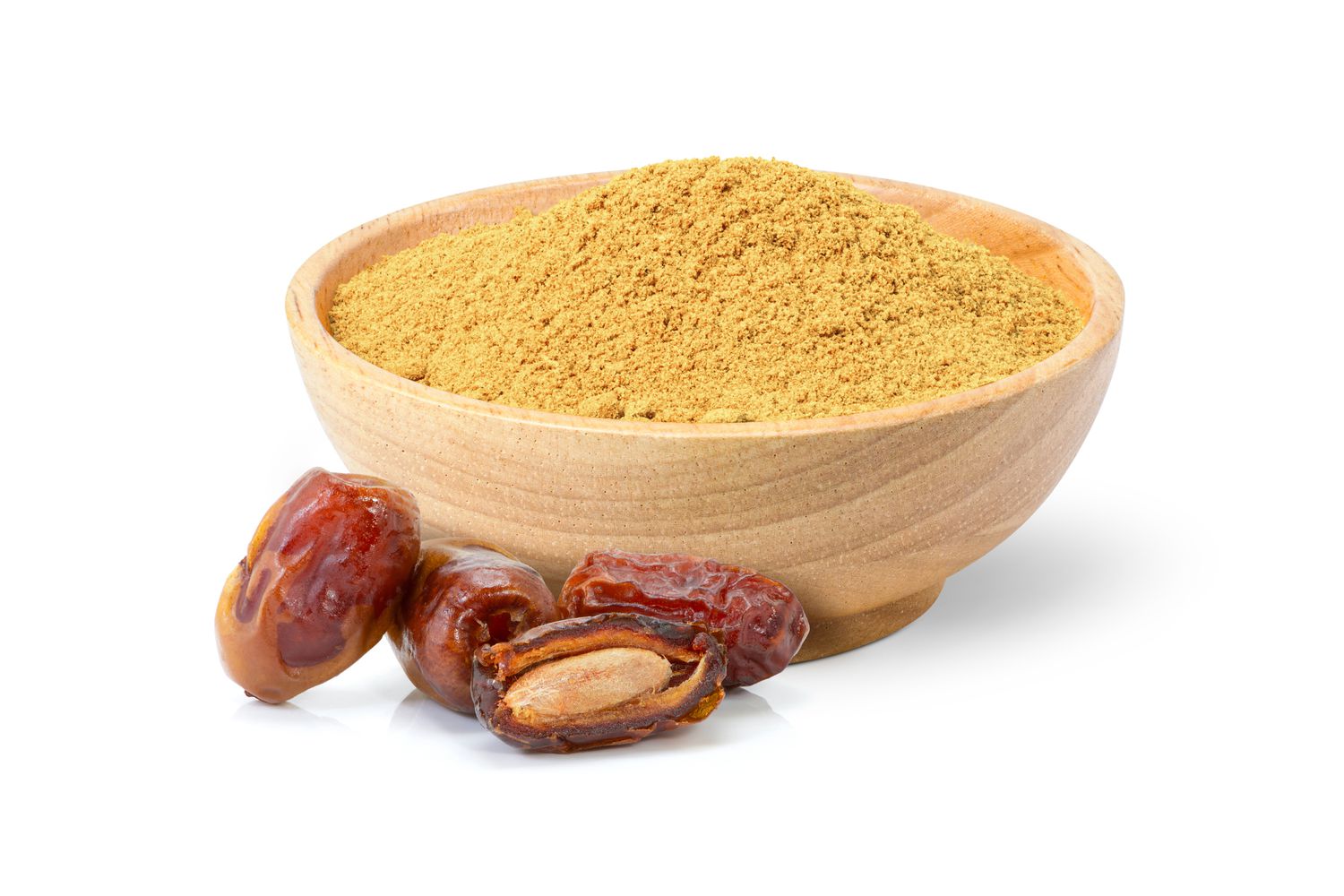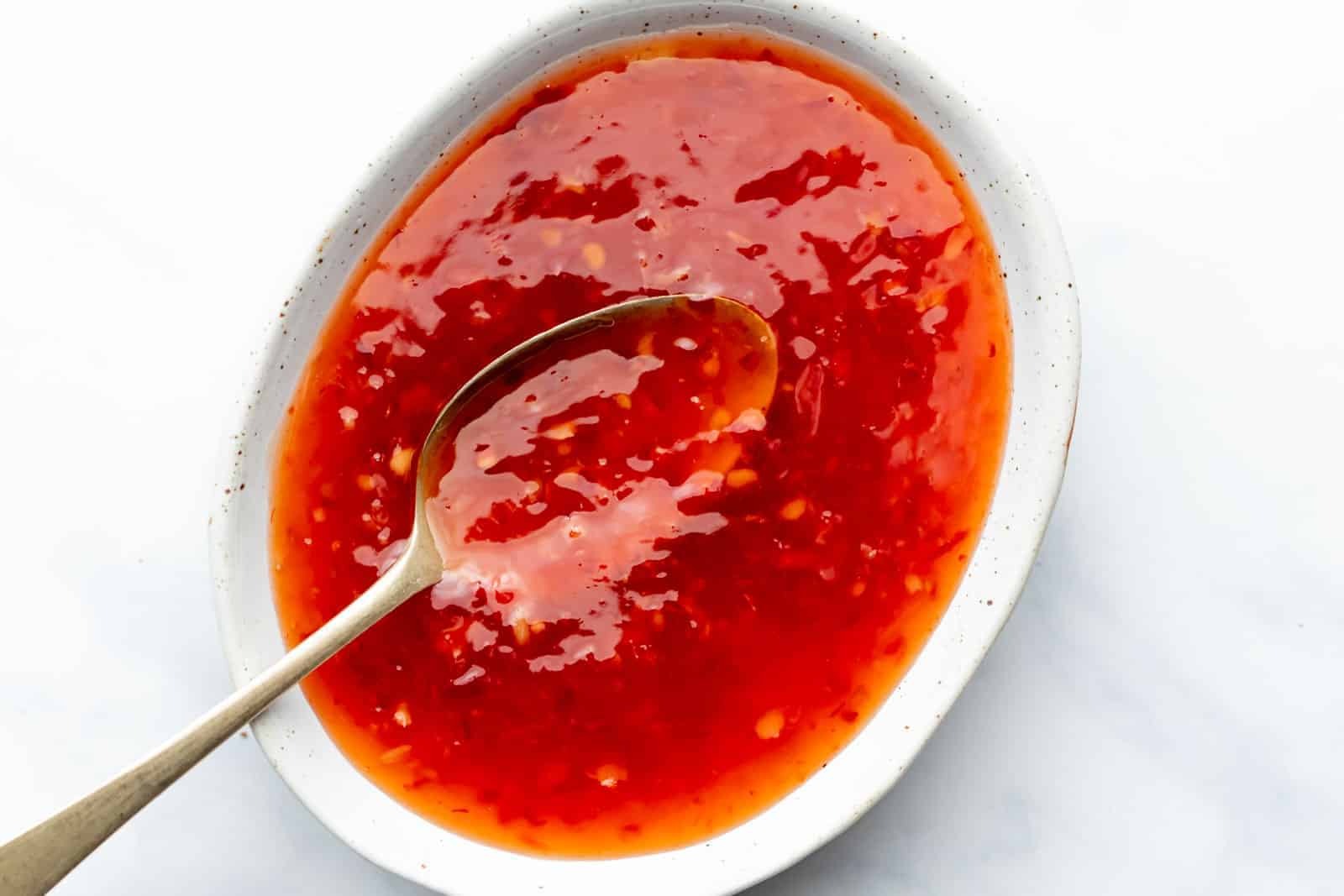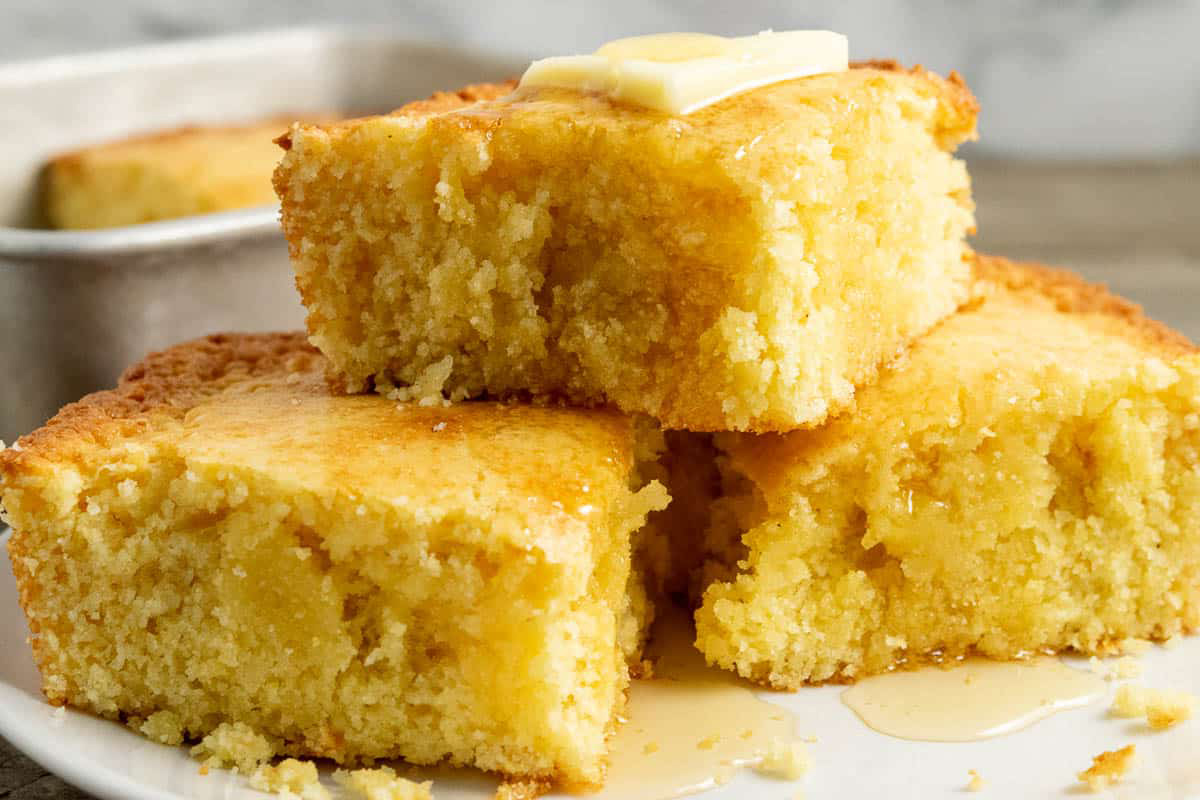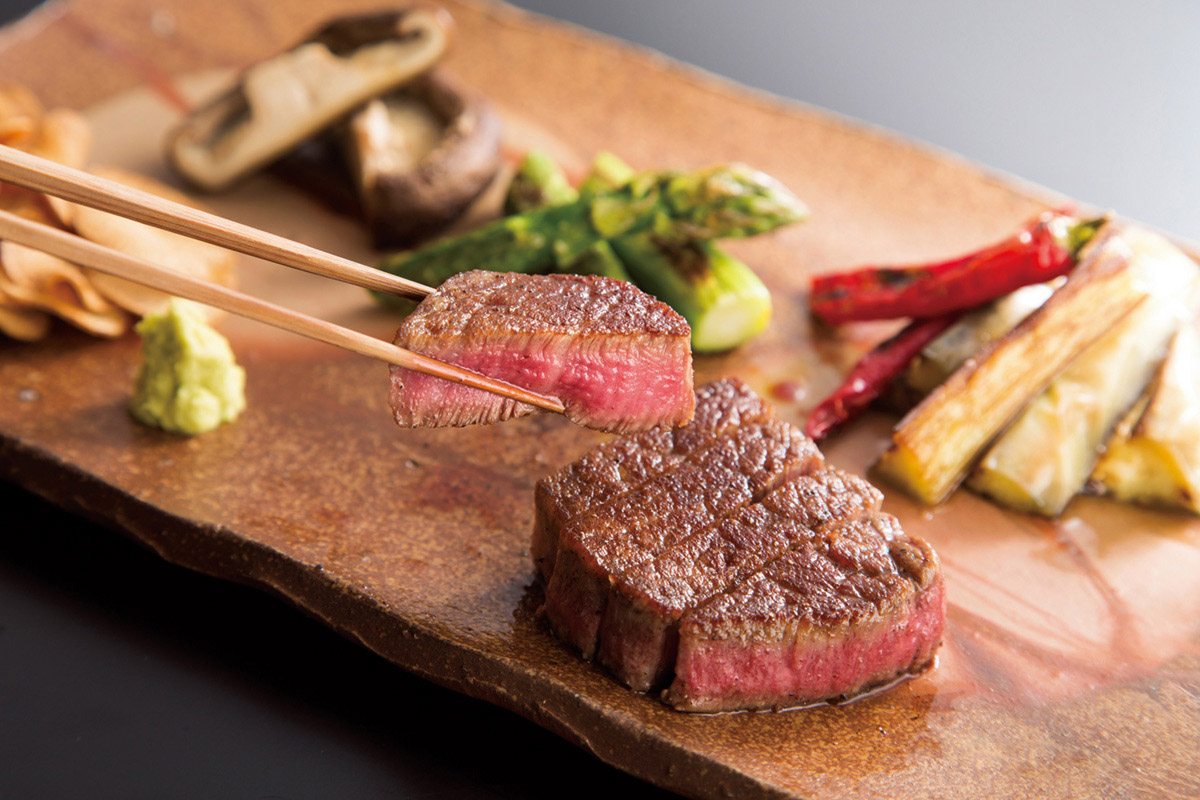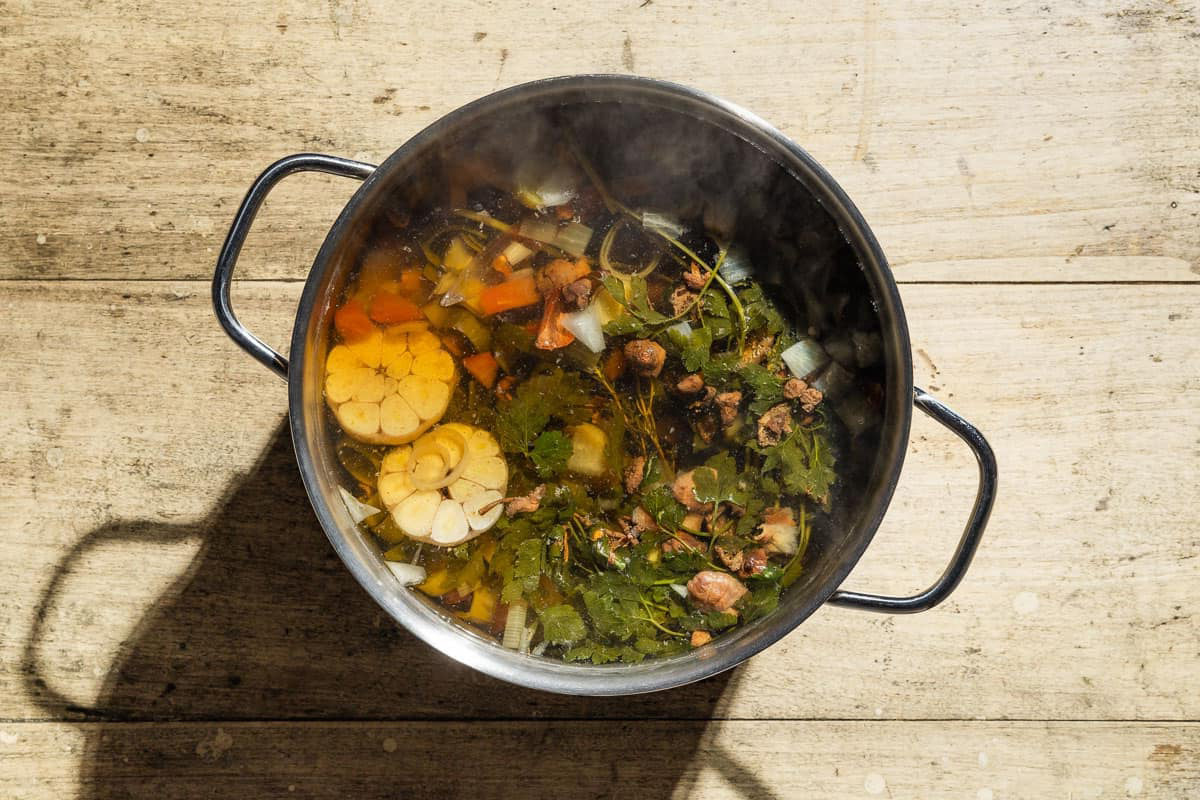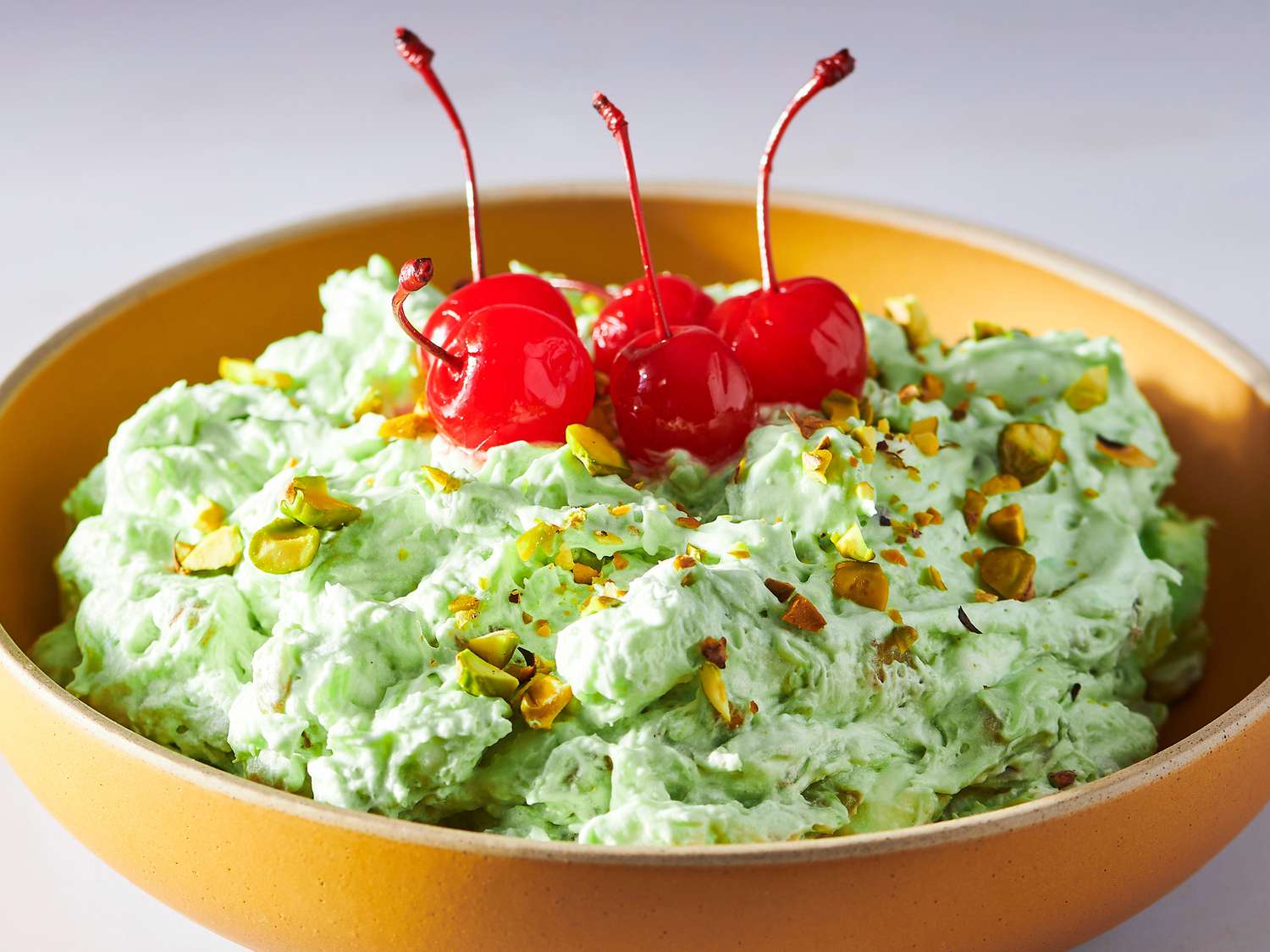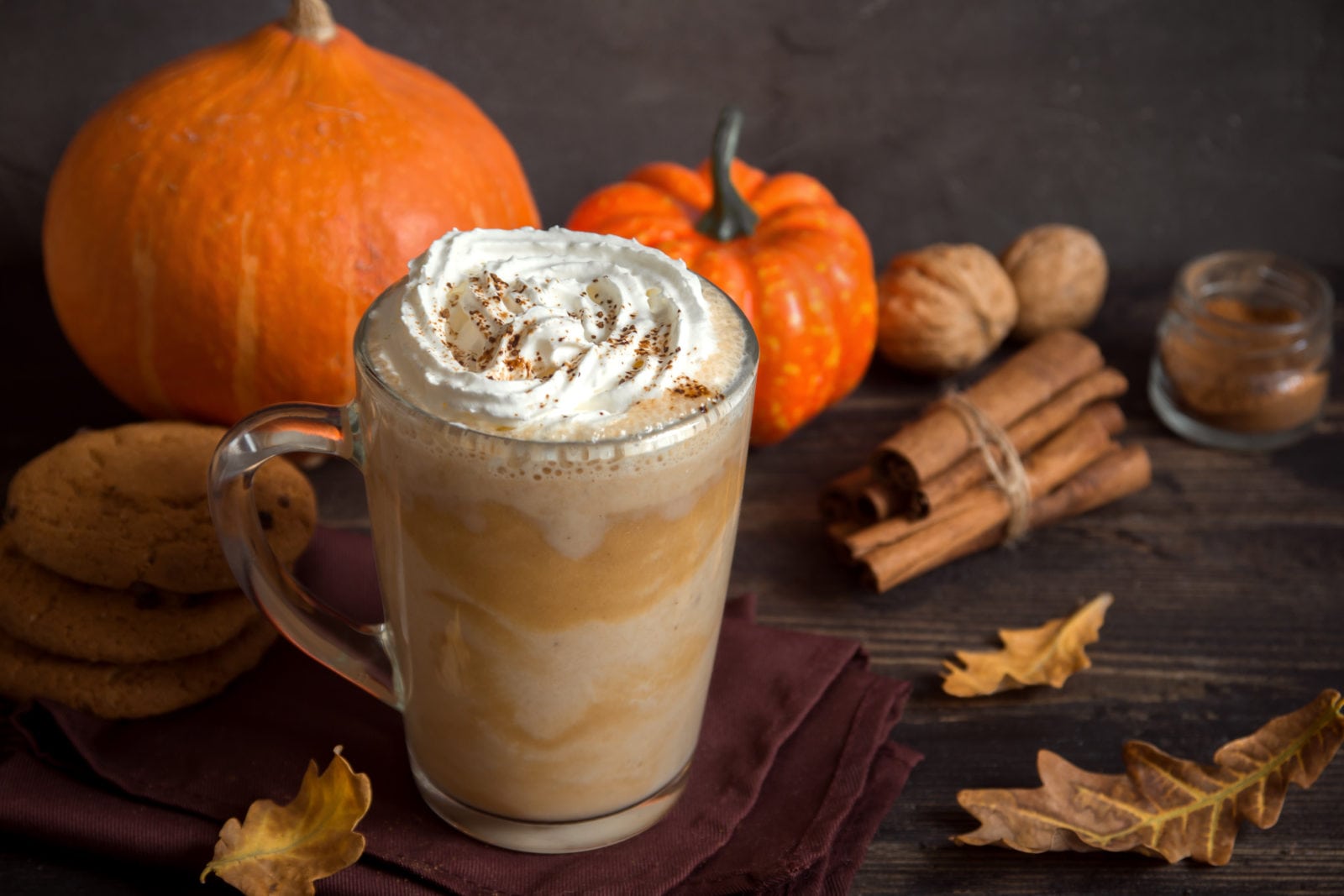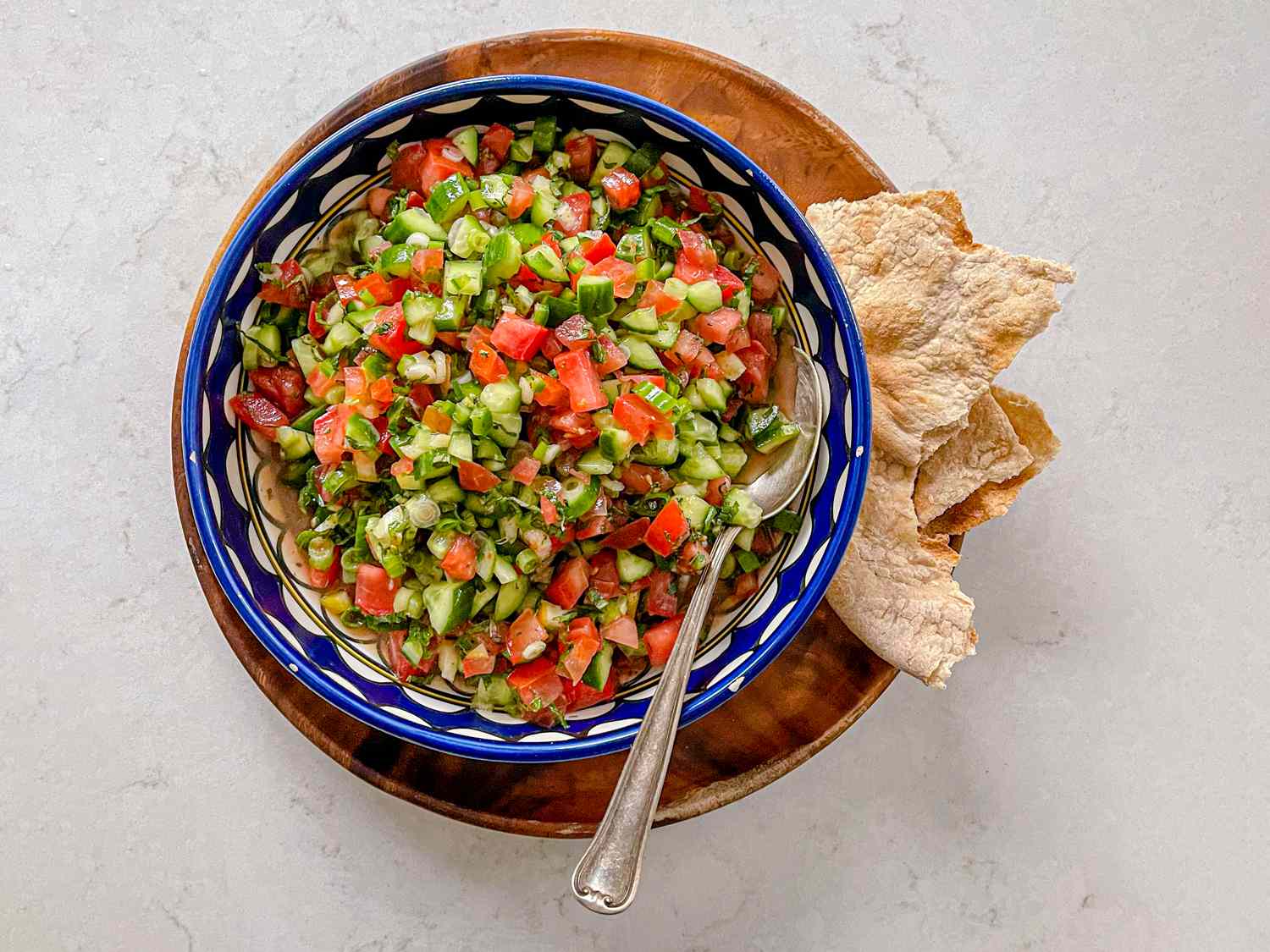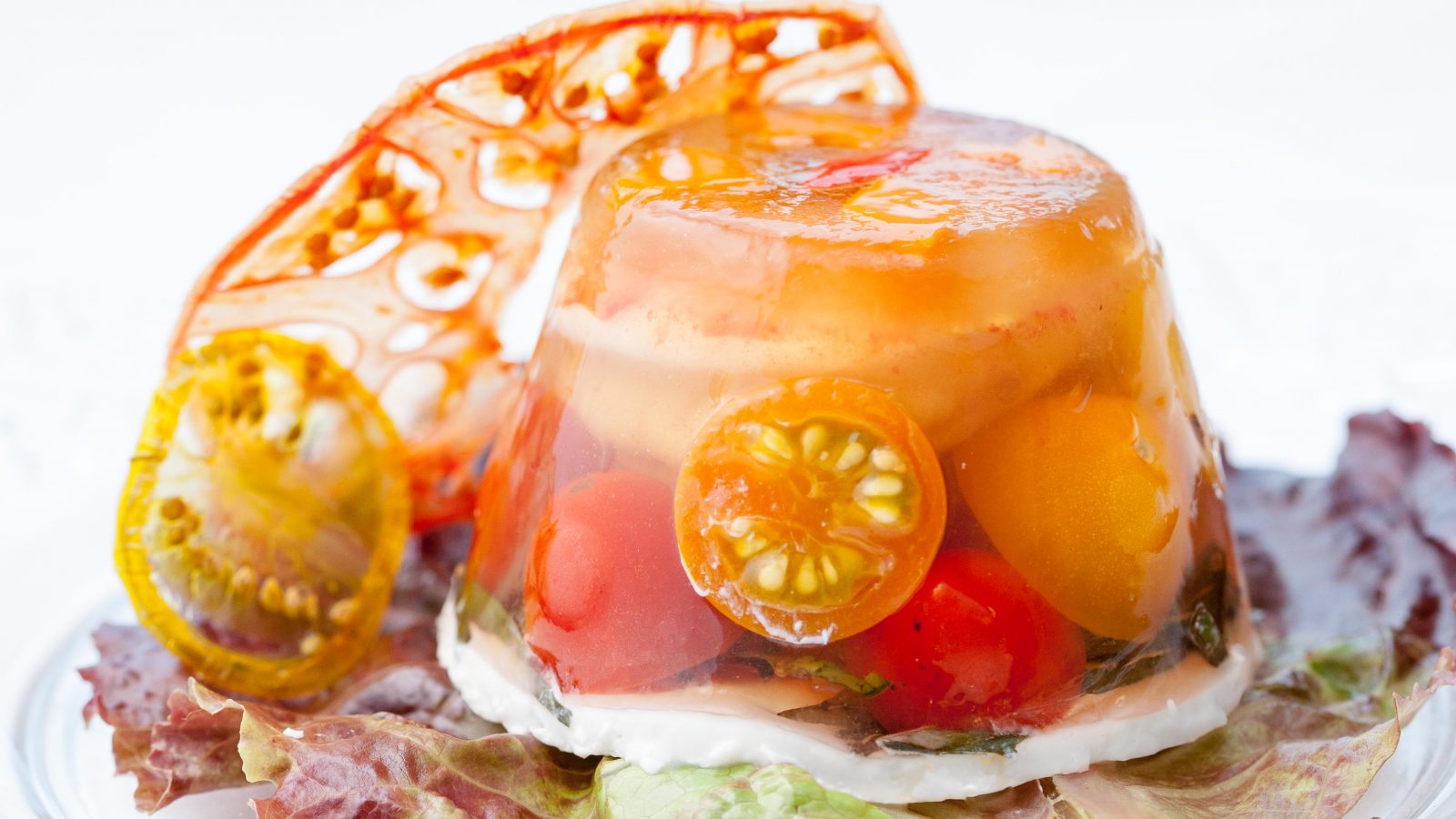Understanding Prepared Mustard: A Condiment Staple
When it comes to condiments, prepared mustard is a classic favorite that adds a tangy kick to a variety of dishes. But what exactly is prepared mustard, and how is it different from other types of mustard? Let’s dive into the world of this versatile condiment and explore its origins, varieties, and culinary uses.
Origins and Varieties
Prepared mustard is made from the seeds of the mustard plant, which is a member of the Brassicaceae family. The condiment has a long history, with evidence of its use dating back to ancient civilizations such as the Romans and the Greeks. Over time, different regions have developed their own variations of prepared mustard, resulting in a wide array of flavors and textures.
There are several common varieties of prepared mustard, including:
- Yellow Mustard: This mild and slightly tangy mustard is made from yellow mustard seeds and is often used in American-style hot dogs and sandwiches.
- Dijon Mustard: Originating from the city of Dijon in France, this mustard is known for its sharp and spicy flavor, which comes from using brown or black mustard seeds.
- Whole Grain Mustard: This type of mustard contains whole mustard seeds, giving it a coarse texture and a robust, nutty flavor.
Culinary Uses
Prepared mustard is a versatile condiment that can be used in a variety of culinary applications. Its tangy flavor and creamy texture make it a popular addition to sandwiches, burgers, and hot dogs. Additionally, prepared mustard is a key ingredient in many salad dressings, marinades, and sauces, adding depth and complexity to the flavor profile of a dish.
Here are some creative ways to incorporate prepared mustard into your cooking:
- Use it as a base for a tangy mustard vinaigrette to drizzle over salads.
- Combine it with honey and herbs to create a flavorful glaze for roasted meats or vegetables.
- Spread it on a sandwich or mix it into a dip for a zesty kick.
Health Benefits
In addition to its delicious flavor, prepared mustard offers some potential health benefits. Mustard seeds are rich in antioxidants and contain compounds that may have anti-inflammatory and antimicrobial properties. Additionally, prepared mustard is low in calories and fat, making it a healthier alternative to many other condiments.
However, it’s important to note that prepared mustard can be high in sodium, so it should be consumed in moderation, especially for individuals watching their salt intake.
Conclusion
Prepared mustard is a beloved condiment that has stood the test of time, offering a delightful combination of flavor and versatility. Whether you prefer the mildness of yellow mustard or the boldness of Dijon, there’s a variety of prepared mustard to suit every palate. So, the next time you reach for a dollop of this tangy condiment, you’ll have a deeper appreciation for its rich history and culinary significance.
Was this page helpful?
Read Next: What Is Raw Sauerkraut
